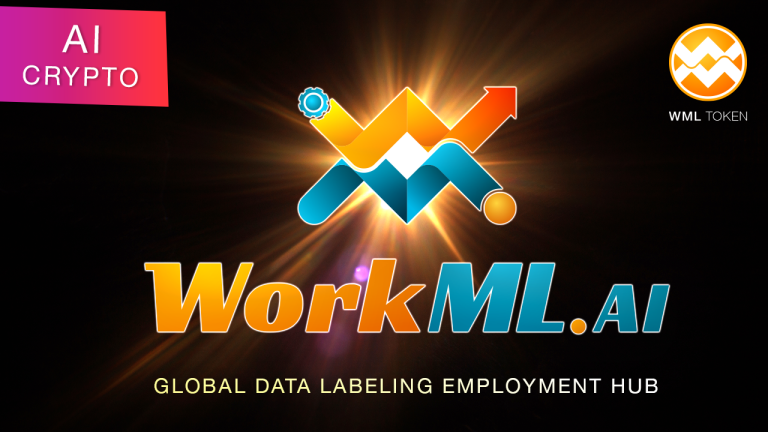Multiple decentralized finance (DeFi) projects are moving forward with plans to allow liquidity provider tokens as collateral for stablecoin and lending services — though experts caution that the security considerations associated with using LP tokens in this manner can be complex.
LP tokens are distributed to liquidity providers on automated market makers (AMMs) to represent a provider’s stake in a liquidity pool. Providers are incentivized with trading and protocol fees that are paid out upon withdrawal.
While they’re often the last stop in a cycle of yield farming transactions, multiple DeFi platforms are now considering using them as collateral, including MakerDAO, Aave, and BadgerDAO — a move that would “keep the cycle going” for yield farmers, according to BadgerDAO’s Chris Spadafora.
Another step in the cycle
“When groups like us are able to say, “Oh, you can unlock this illiquid position, and borrow against it so you can go and take additional strategies […] that’s where it gets interesting,” he said in an interview with Cointelegraph last week.
BadgerDAO is planning to release a stablecoin — current community speculation is that it will be named CLAWS — that liquidity providers will be able to claim against their LP collateral.
The potential benefits of unlocking this liquidity are significant — and not just for individual traders. Jordan Gustave, the COO at lending platform Aave says that it could expand the ecosystem and inflate figures like DeFi’s closely-watched total value locked (TVL).
“The DeFi TVL could grow as much as people are willing to lend out to LP tokens collateral users, meaning that if I have enough liquidity to use my ETH/WBTC as collateral, then one could go easily 3x long on the LP token and use the additional liquidity to farm UNI / Sushi / [Balancer],” he said.
Extra risks
However, according to Tarun Chitra, founder and CEO of DeFi risk analysis firm Gauntlet.Network, using LP tokens as collateral prompts specific considerations depositors and platform designers need to keep in mind.
“It makes sense when the lender controls one of the assets (e.g. Maker allowing leverage on ETH/DAI LP shares), as the leverage ratio is transparently known the lender. It does also make sense when you want to make more complex derivatives, but you have to be much more careful.”
Chitra explained a worst-case scenario in which LP tokens could lead to cascading, deflationary liquidations across the DeFi ecosystem. In this case, “LP token debt defaults, LP tokens are liquidated, lowering liquidity in some pair, making direct liquidations more expensive” in a continuing cycle.
Spadafora and Gustave also both warned of additional risks surrounding oracle attacks, a topic that Aave explored in-depth when they chose to allow Uniswap v1 collateral, going so far as to develop a unique price discovery mechanism that values the underlying assets in the liquidity pool in Ether.
“Not all LP tokens are suitable (as collateral), the same way not all tokens are suitable. You just need to apply twice as much diligence as there is essentially two tokens to review in the process,” said Gustave.
Gustave added that an Aave community member, zer0dot, has accumulated enough proposition power in governance to push forward a Uniswap market that will support v2 tokens as collateral on Aave.
As with MakerDAO and Badger, the Aave proposals appear to be tremendously popular and will likely move to implementation shortly.
More liquidity, more security
Despite the additional layers of smart contract risk and accompanying security concerns, Spadafora thinks they can ultimately be managed with proper due diligence and community faith.
“Yes it does increase risk but again it comes down to the platform. Longer tenor, security posture and reputation matter the most,” he said.
Meanwhile Chitra, who has researched the economics of liquidity provision extensively, urges caution and says that the rush of projects using LP tokens as collateral can be worrying.
“A lot of protocols seem to implement it haphazardly and that’s nerve-wracking. Maker is the only place that seems to be diligent about their LP share borrowing.”




